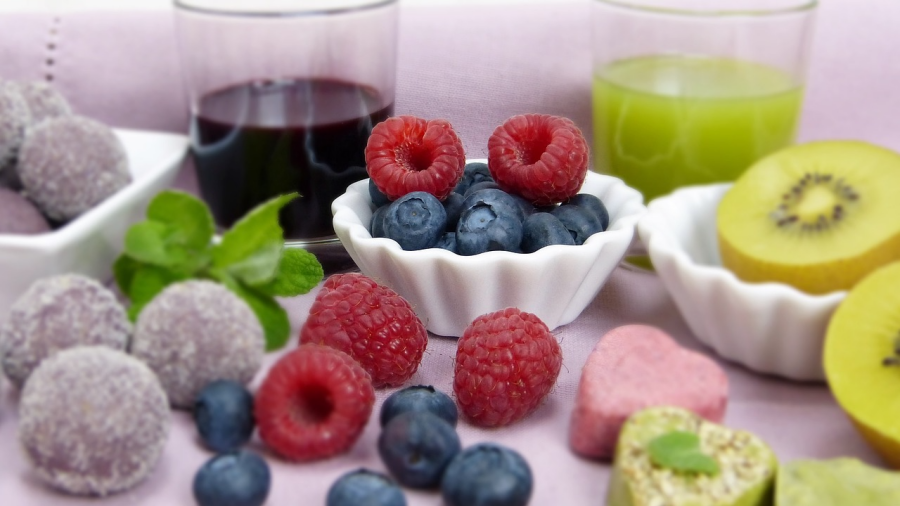Nutritional Informations For New Mommies
HYDRATION
- Drink water. Dehydration may result from breastfeeding every two to four hours. Consume eight to ten glasses of water at minimum. Additionally, fluids maintain the formation of milk. Drink soups, fruit juices, and milk. Reduce your consumption of coffee, tea, cola, and chocolate drinks to help lower your caffeine intake.
CALCIUM RICH FOODS
- One vitamin that is equally or even more crucial for the optimal operation of the neurological, muscular, and circulatory systems is calcium. It also helps to produce healthy bones and teeth. As a result, a nursing mother should aim for a daily intake of at least 1,000 mg of calcium. The following are some foods high in calcium: Options for Calcium-Rich Sources Cereal Ragi legumes Red kidney beans, soy beans, chickpeas, Bengal gramme, black gramme, and entire green gramme Leafy green vegetables Curry leaves, drumsticks, mustard greens, turnip greens, betel leaves, fenugreek leaves, amaranth, fennel, colocasia, and cauliflower Other veggies Celery, chayote, marrow, field beans and dried lotus stem Nuts Dates, raisins, wood apple, lime, almonds, dried coconut, and apricot (dry) Nuts and dairy products.
GALACTOGOGUES
- To improve lactation and increase milk production, Indians recommend dishes that use bajra and green leafy vegetables, herbs like methi seeds, jeera, and dill (suva), and special preparations like goand laddu (edible gum), methi laddu, almond halwa, and dried ginger (saunth) burfi. While the meal preparations mentioned above increase milk production, spices and herbs like garlic, fennel (saunf), and ajwain are claimed to help with digestion and avoid colic in babies. Eat them carefully, though, as these preparations are high in fat and calories.
DHA
- During infancy, DHA is essential for a baby's healthy visual and cerebral development. DHA from mother's milk improves psychomotor development and attention. The amount of DHA in a mother's breastfeeding is influenced by her diet.
PROTEINS
- The need for protein rises during nursing to sustain the baby's rapid growth. In order to satisfy your needs, it includes foods like eggs, milk and milk products, such as cheese, paneer, poultry, fish, pulses, and lentils
IRON
- Trim Meats Beef: Particularly lean cuts such as tenderloin or sirloin. Turkey and chicken: especially dark meat, which contains more iron. Liver: Rich in iron, but because it contains a lot of vitamin A, it should be used in moderation. 2. Seafood Both salmon and sardines are good for a baby's brain development since they include iron and omega-3 fatty acids. Oysters and clams: incredibly high in iron, so make sure they're cooked through. 3. Eggs The yolk in particular, which is high in iron and other vital minerals. 4. Legume Black beans, chickpeas, and lentils are high in fibre and iron, which aids with digestion.
AVOID SMOKING AND DRINKING


 The amount and quality of the mother's breastfeeding are directly impacted by her nutritional status. The nutrition of a nursing mother must be sufficient and well-balanced. More nutrients are needed, particularly to secrete enough milk in the right amount and quality and to protect your own health.
The amount and quality of the mother's breastfeeding are directly impacted by her nutritional status. The nutrition of a nursing mother must be sufficient and well-balanced. More nutrients are needed, particularly to secrete enough milk in the right amount and quality and to protect your own health.